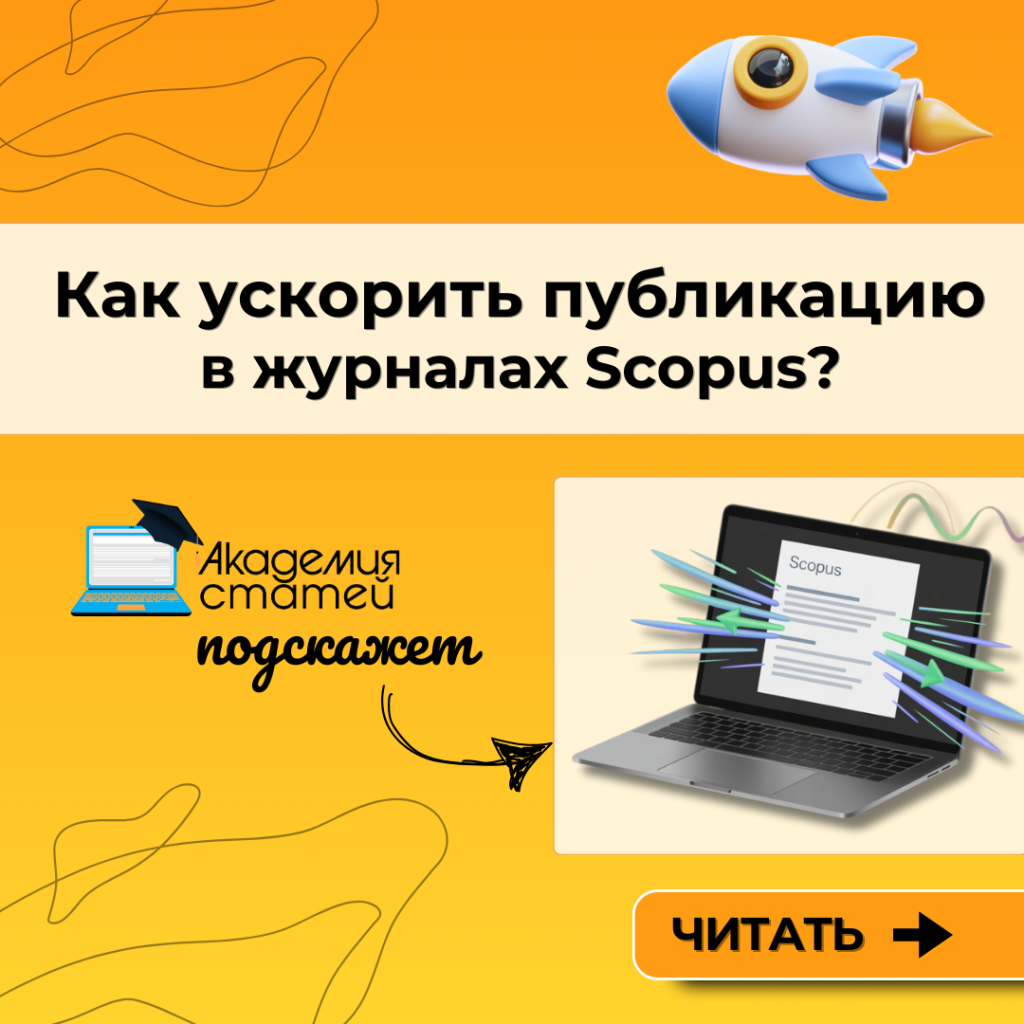Scopus/Web of Science Scopus and Web of Science are massive databases that contain content across various disciplines. Scopus and Web of Science contain millions of records of scientific publications. Publishing an article on these platforms can open up new opportunities, such as a career boost, preparation for a dissertation defense, or confirmation of a title. By publishing your work in Scopus/Web of Science, you place it in the largest universal abstract database and gain recognition and exposure.
Types of co-authorship in scientific articles
The majority of published scientific articles are co-authored. In this case, scientists work on the material collectively. There are two types of co-authorship: indivisible and divisible.
Benefits of co-authored publishing
The criteria for selecting scientific publications for Scopus and Web of Science are quite strict. They must have international prestige and pass an expert review. Therefore, the requirements for scientific articles in journals indexed by Scopus/Web of Science are also high.
What are the requirements for publication?
Scopus/Web of Science scientific articles must meet formal, legal, and linguistic criteria, have a correct structure and formatting of bibliographic references, and be written in high-quality English.
The article review process can take six months or longer. Some articles fail to pass the selection process and are rejected. Therefore, publication in Scopus/Web of Science journals is a challenging task.
How much does it cost to publish an article?
Publishing a scientific article in a Scopus/Web of Science journal has a price. It depends on the specific journal and its access mode. If a journal is not open access and is funded by readers, then publishing scientific articles in it is usually free. Open access journals are funded by their authors. Therefore, most articles are published for a fee. Publication costs can range from $50 to $1,000.
Why is co-authorship beneficial?
Western scientists consider co-authorship more rational than single authorship. This method allows them to present multiple perspectives, comparing or contrasting approaches and research results. The material is more thoroughly processed, a greater volume of information is covered, and preparation takes less time. Co-authorship allows for the production of higher-quality material.
You can become a co-author by inviting a colleague from your country or a foreign scientist with similar scientific interests to collaborate on your paper. You'll be able to create an article that combines several disciplines, with each author responsible for a specific part of the work.
Even a novice scientist can contribute articles to Scopus and Web of Science, accessible to the global scientific community, if they co-author with a highly respected researcher. Furthermore, and importantly, the costs associated with publishing research in Scopus or Web of Science are shared.
Many scientists offer to sell co-authorship of their papers to Scopus for money. This service has proven quite popular for several reasons:
- lack of time to prepare scientific articles;
- requirements to have publications in Scopus/Web of Science in order to defend a dissertation and receive a title;
- opportunities to achieve desired status and career advancement through placement in Scopus.
Ethical standards for co-authorship
Violations of ethical standards arise when decisions are made regarding the inclusion of researchers as co-authors, determining their personal contribution, which in turn is associated with a violation of the correct sequence of publication of their names, and the exclusion of individuals from the list of authors.
Frequent ethical violations were associated with:
- the problem of "ghost authorship" - a person who made a significant contribution was not listed as an author;
- “honorary” – in which the author was a person who did not take a significant part in the work, but was included in the list due to career considerations (managers);
- "guest authorship" - in this case, the authors included people whose names could increase the chances of publication.
Scopus/Web of Science Co-authorship Guidelines for Scientific Articles
The co-authorship principles in Scopus/Web of Science are based on the values of academic ethics: honesty, transparency, and fairness. Universal values of democracy and respect for labor must be taken into account. All researchers are equal in resolving scientific issues.
In the 1990s, a "contribution" model emerged that makes it possible to show the authors' contributions as transparently as possible.
Scopus and Web of Science define co-authors as those who have made a significant contribution to the work, developed the concept, generated ideas, prepared the structure, performed the analysis, interpreted the data, systematized the material, wrote the text of the article, or made important changes.
Scopus uses several approaches to determining the order of authors' names: alphabetical order, descending order of contribution to the work, listing only the first and last authors, and listing names according to the percentage of their contribution to the study. Ethical standards give the primary, leading role to the author listed first.
Become a co-author on Scopus or Web of Science articles You can do this by using our company's services. We comply with all ethical requirements for such publications and offer scientists favorable terms of cooperation.






